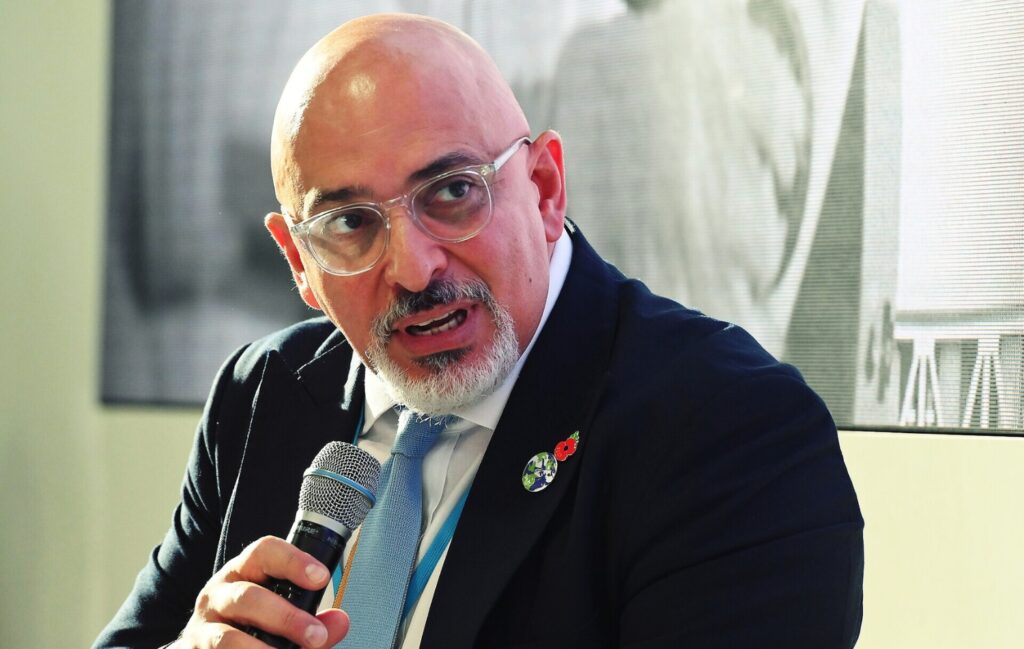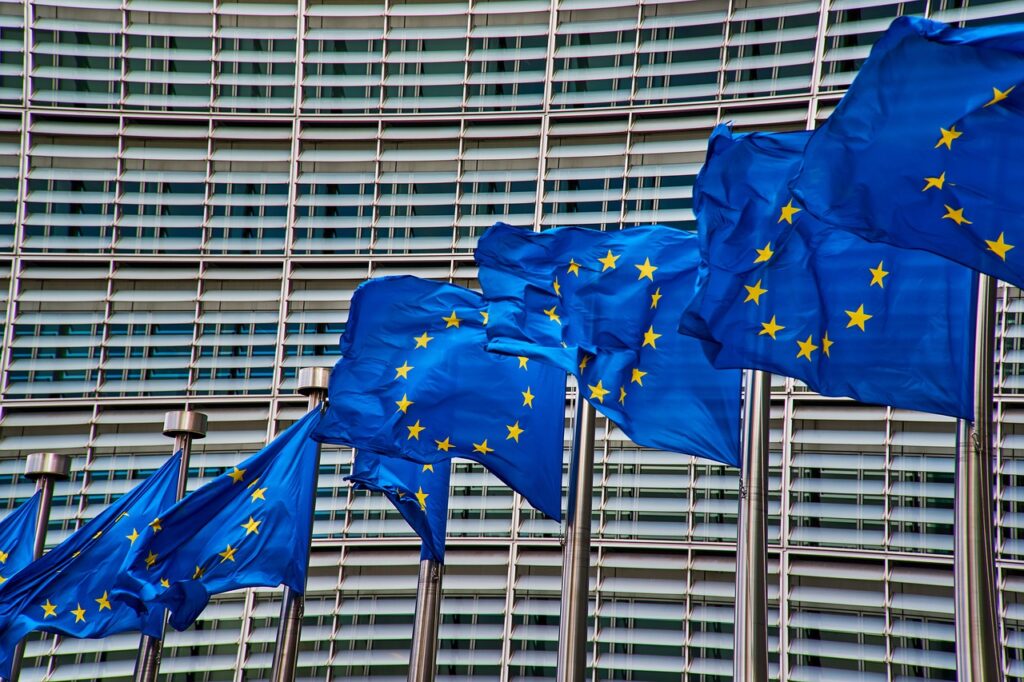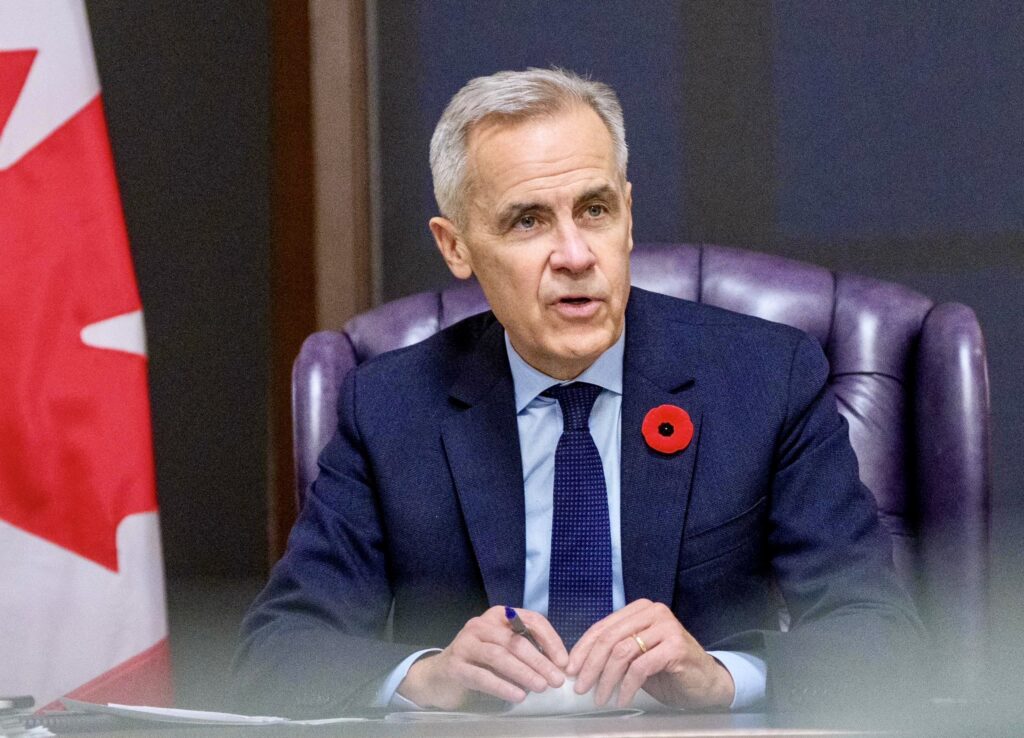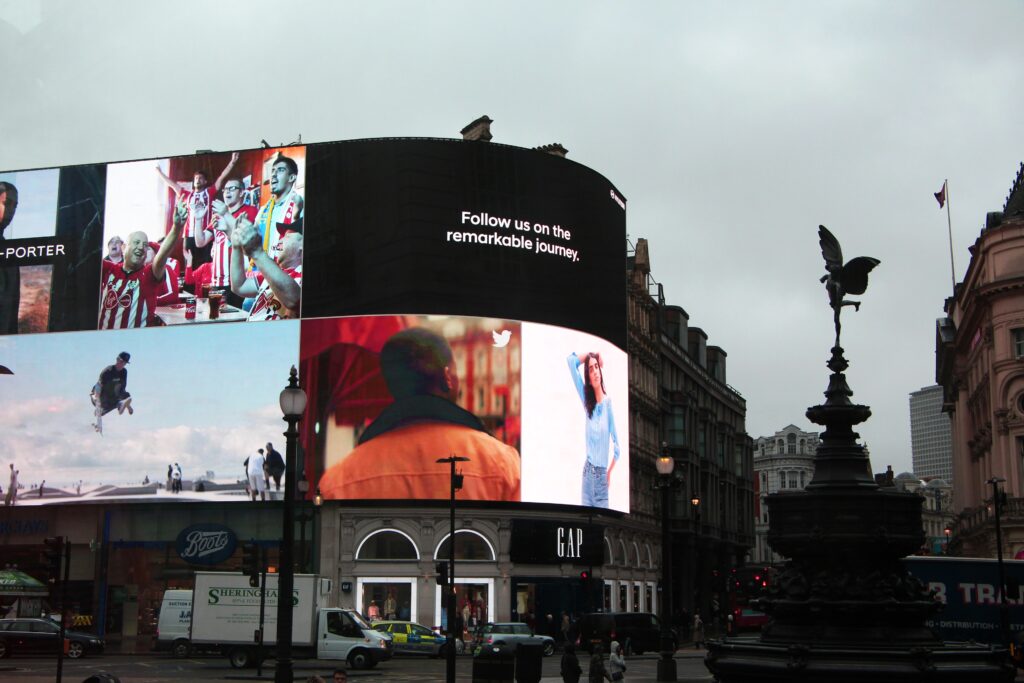After keeping Québec’s much anticipated Bureau d’audiences publiques sur l’environnement (BAPE) shale gas development study under wraps for more than a week, Pierre Arcand, Minister of Sustainable Development, Environment and Parks just released the BAPE’s findings to the public. Regrettably, shale gas in the province is receiving a green light or in French “un feu vert” (a green fire translated literally). Ironically, this is exactly what the BAPE’s recommendation will lead to as shale gas expansion means that many of the province’s environmental goals will go up in smoke. For now, the controversial drilling method of hydraulic fracturing (a.k.a. fracking) will be halted until a strategic environmental impact assessment can be conducted.
All in all, the BAPE’s recommendation to proceed is a major blow to environmental and health advocates calling on the Québec Liberal government to heed the many public safety and environmental risks which surround shale gas drilling and fracking.
Since last August when the BAPE was convened, Premier Jean Charest has firmly stated his position that a moratorium is not an option. To this end, the BAPE commission’s mandate was deliberately narrow, not focused on whether or not to allow dirty shale gas development to proceed, but rather on how the province can “harmoniously develop” the shale gas industry while also protecting the safety and health of the population and surrounding environment.
Green lighting destructive natural gas drilling is dangerous given that provincial inspectors have already found leaks in 19 of 31 gas wells (half of which involve fracking). The troubling signs of widespread leaks led Minister Arcand to express his doubts, as far back as January 21st, about whether or not the industry was in control of its operations.
Unconscionably, Quebec seems ready to forge ahead with expanded fracking and shale gas development before the U.S. Environmental Protection Agency’s (EPA) preliminary in-depth study of fracking threats is released in late 2012.
The public has learned even more reasons for concern about the gas industry’s safety record following the extensive coverage in the “Drilling Down” series published by the New York Times.
Since the BAPE started its 13 public consultation tour of the region facing the most direct impacts from shale gas development – primarily between Montréal and Québec City – the gas industry has lost much of the early support it enjoyed from politicians like Arcand, and notably from the public.
The latest polling shows that 55% of Quebecers are against shale-gas drilling, up from 37% in September. According to the daily La Presse, amongst those who are knowledgeable, 75% of people prefer a moratorium on shale development, and this includes 75% of experts and engineers.
Lucien Bouchard, former Québec Premier turned shale industry spokesman, has warned his clients of a very “harsh” finding. This, however, does little to address the major health, social and environmental concerns that come with shale gas and fracking.
Quebecers will now have to rely especially on the newly formed watchdog group the Collectif scientifique sur la question du gaz de schiste au Québec, to hold both the industry and government accountable.
The BAPE recommendations are availabe for access in their report in French [PDF].
Subscribe to our newsletter
Stay up to date with DeSmog news and alerts






